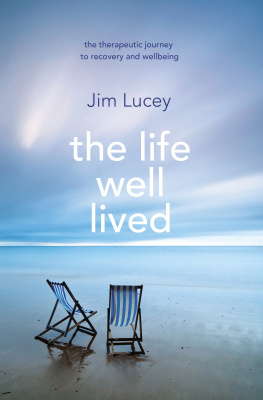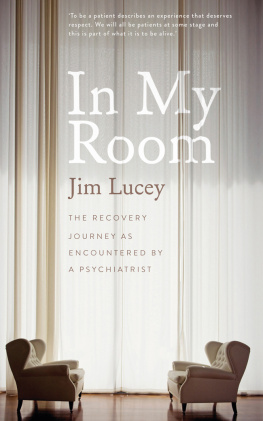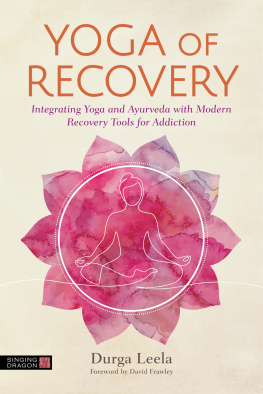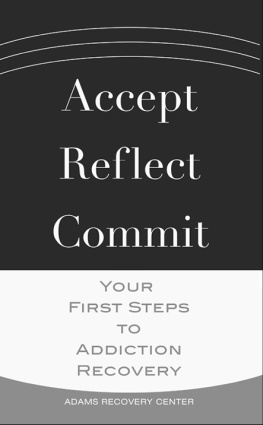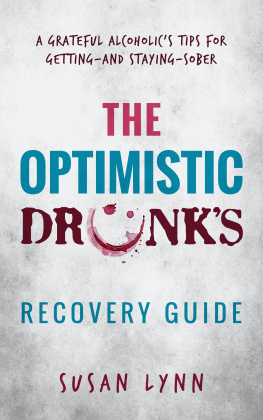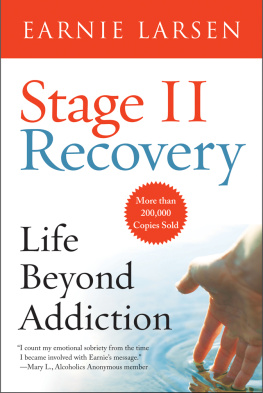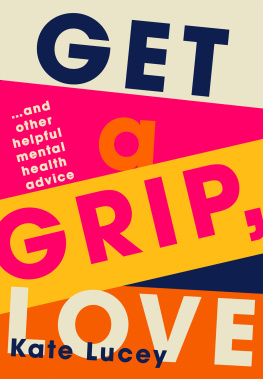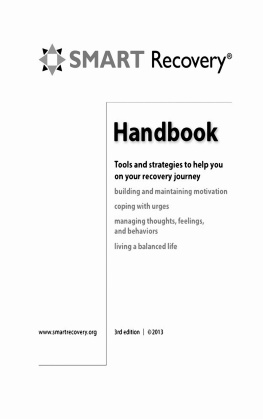Contents
Also by Professor Jim Lucey
Understanding Psychiatric Treatment
(co-edited with Dr G. OMahony)
In My Room
TRANSWORLD IRELAND PUBLISHERS
Penguin Random House Ireland, Morrison Chambers, 32 Nassau Street, Dublin 2, Ireland
www.transworldireland.ie
Transworld Ireland is part of the Penguin Random House group of companies whose addresses can be found at global.penguinrandomhouse.com
First published in the UK and Ireland in 2017 by Transworld Ireland
an imprint of Transworld Publishers
Copyright Professor Jim Lucey 2017
Cover photographs Mark Bauer/Trevillion Images and Dave Gorman/Getty Images
Cover design by Becky Glibbery/TW
Professor Jim Lucey has asserted his right under the Copyright, Designs and Patents Act 1988 to be identified as the author of this work.
Come to the Edge by Christopher Logue (), copyright Christopher Logue, 1969.
Every effort has been made to obtain the necessary permissions with reference to copyright material, both illustrative and quoted. We apologize for any omissions in this respect and will be pleased to make the appropriate acknowledgements in any future edition.
A CIP catalogue record for this book is available from the British Library.
Version 1.0 Epub ISBN 9781473541856
ISBN 9781848272330
This ebook is copyright material and must not be copied, reproduced, transferred, distributed, leased, licensed or publicly performed or used in any way except as specifically permitted in writing by the publishers, as allowed under the terms and conditions under which it was purchased or as strictly permitted by applicable copyright law. Any unauthorized distribution or use of this text may be a direct infringement of the authors and publishers rights and those responsible may be liable in law accordingly.
1 3 5 7 9 10 8 6 4 2
Note to Readers
As with all books, this one contains the opinions and ideas of the author. It is intended to provide helpful and informative material on the subjects addressed and is sold with the understanding that the author and publisher are not engaged in rendering medical, health, psychological or any other kind of personal professional services or therapy in the book. The reader should consult his or her medical, health, psychological or other competent professional before adopting any of the concepts in this book or drawing inferences from it. The content of this book, by its very nature, is general, whereas each readers situation is unique. Therefore, as with all books of this nature, the purpose is to provide general information rather than address individual situations, which books by their very nature cannot do.
The author and publisher specifically disclaim all responsibility for any liability, loss, or risk, personal or otherwise, which is incurred as a consequence, directly or indirectly, of the use and application of any of the contents of this book.
In Memory of Professor Aidan Halligan.
Its about doing the right thing on a difficult day.
Come to the edge.
We might fall.
Come to the edge.
Its too high!
COME TO THE EDGE!
And they came,
And he pushed,
And they flew.
Christopher Logue
Foreword
It is well recognized that one in four adults in their lifetime will develop a psychiatric disorder. Thus every family in the land will be affected directly or indirectly by the issues of mental health. It is also well established that 50 per cent of mental illnesses in adulthood originate before the age of fifteen, and three-quarters start before the age of twenty-four. The task for mental health professionals and policy-makers is clear; it is the prevention of psychiatric disorders and mental health promotion.
Mental health and wellbeing are beginning to receive the serious attention they deserve. Mental wellbeing is about the ability to form relationships, function effectively in various arenas, and lead a life that is full of hope and aspiration. Resilience and wellbeing go hand in hand. Resilience is about the capacity to manage stress no matter its source, and to bounce back after distress and the ability to do so repeatedly.
We all know people who are not fazed by any type or level of stress, whereas others tend to give in and respond in a more passive way. Of course individual responses are very strongly influenced by cultural factors and by the patterns of child-rearing. As we are beginning to learn more about what happens in attachment patterns and childhood, we are able to understand patterns of response in adulthood. Mental illness carries a larger burden in comparison with physical illnesses such as cancer and heart disease, yet discrimination and stigma against mental illness are rife. One of the reasons that may well contribute to stigma is self-stigma in mental health professionals, indicating that somehow professionals are ashamed of what we deal with on a daily basis our inability to convince policy-makers and the public that we do a very good job under very difficult conditions, dealing with complex sets of symptoms, models of explanation and those of care. We need to take pride in what we do and this volume offers a significant way forward.
Another complicating factor is the artificial Cartesian dichotomy between mind and body. Although Descartes may not have meant such rigid divisions, in western psychiatry this has become often very difficult to navigate. The common isolation of psychiatric hospitals and asylums created an era of mystique about what we do and how we treat our patients, and this isolation may well have further contributed to being stigmatized.
In an easy to read and follow description of recovery and wellbeing Professor Jim Lucey has demonstrated a way of communicating with patients, their carers, families and members of the public. He sets his stall by defining what is understood by wellbeing, resilience and stigma, and what diagnosis means. Furthermore, he differentiates clearly between types of treatment and therapy. Illustrated by poignant narratives and reports from sessions, these are as much about a patients progress as they are about Professor Luceys learning, development and growth. There is no doubt that access, availability and affordability of therapies are at the heart of any service planning, development and delivery, no matter which part of the world patients and their psychiatrists live in. The choice of treatments depends upon what the patients needs are and what is available locally, and how with care the need and treatment are mapped. Mental illness needs to be understood as a mixture of biopsychosocial factors, and therefore therapeutic interventions have to be looked at in the same context, even if one or more of the three options are given preference. Spiritual interventions may also help in some settings. The choice of various therapies is strongly influenced by available human resources, but also training and supervisory opportunities. Professor Lucey quite rightly reminds us that this approach must be seen in the context of a human-rights framework. He argues that ideally interventions will look at the needs rather than simply focusing on management of diagnoses. By helping, enabling and empowering our patients, we can ensure that they recover and function to the best of their abilities. In engaging patients, the best option is to get individual patients to see what may be relevant and meaningful for them. Helping them to develop more mindful recovery means that patients are encouraged to develop restorative capacities such as acceptance, commitment, courage, compassion and kindness. Any engagement with the process of therapy can empower recovery. A major part of this learning must rely on education and this is what Professor Lucey has done in this slim volume.

